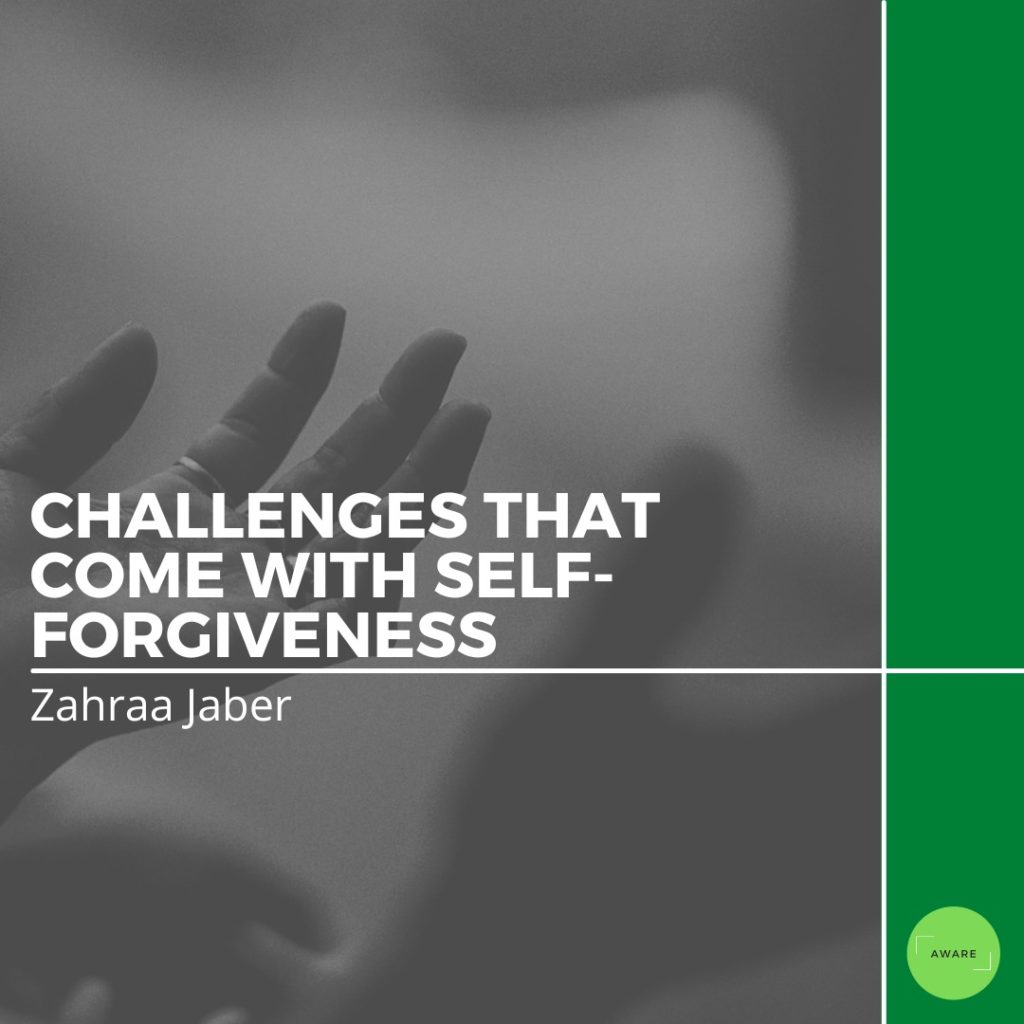Oftentimes, forgiveness is a rare thing to acquire. It is elusive and requires a lot of hard work in order to be attained. However, self-forgiveness is even more arduous to achieve, but it offers you liberty and redemption. While many people believe that forgiveness is the right thing to offer to others who have wronged them, they may suffer greatly because of the shame they feel when it comes to forgiving themselves.
What is Self-Forgiveness?
Forgiveness is typically defined as the deliberate decision to let go of negative feelings, such as resentment and anger, toward someone who you believe has wronged you. Although many people are extremely generous when it comes to the forgiveness of others, they are much tougher on themselves and their mistakes. While everybody makes mistakes, learning how to move on from these errors to forgive yourself is significantly paramount for your mental health. Contrary to popular belief, self-forgiveness is not letting yourself off the hook for mistakes you have made, nor is it a sign of weakness. Forgiving yourself does not mean that you are disregarding or excusing the wrong behavior, but rather that you have accepted the behavior and what you have done and are willing to move on with your life instead of tying yourself up to a past that cannot be changed.
Benefits of Self-Forgiveness
When you do not forgive yourself and just hold on to your mistakes, you stop yourself from moving forward and learning to become the best version of yourself. There are various benefits to forgiving yourself that a lot of us may not realize. Some of these benefits include:
- Lessened symptoms of anxiety and depression
- Healthier relationships with the people around you
- Improved physical health
- Learning from your mistakes and changing
- Developing empathy
- Refining your ownership
Challenges of Self-Forgiveness
Knowing all the ways self-forgiveness helps us, why do we still find it so hard to do? Why is it that you still so often find someone beating themselves up over minor mistakes? The fact that self-forgiveness encompasses recognizing and admitting wrongdoing as well as disclosing that you might need to change makes the whole process more challenging. Think of it in this way: if someone else wronged you and you did not forgive them, what would happen to the relationship? It would go stagnant and simply not develop anymore. Similarly, if you do not forgive yourself, your relationship with yourself will suffer badly, which consequently stops you from moving forward with your life. While it is crucial to recognize the importance of forgiving yourself, it is also important to recognize that you will face some challenges along the process. Some of these challenges may include:
- You may be seen as selfish. This is a difficult feeling to deal with as you are already feeling selfish for what you have done; however, do not let that stop you. Convicting yourself of the same crime over and over will not take you anywhere valuable.
- You may feel guilty for wanting to move on after you have done something wrong. Also, other people may make you feel even more guilty because not everyone will be pleased with your forgiveness so allow yourself to understand the difference between the feelings of guilt and what other people think.
- You may doubt yourself a lot. You may second-guess yourself and feel anxious over the unfamiliar and unclear path of self-forgiveness, which is why it is vital to always have your goal set in your mind and be ready to ask for help when needed.
- You may experience fears of loss. By forgiving yourself, you are changing old ways, patterns, and views of who you are and who others are. Do not let those losses stop you from moving forward but rather acknowledge them as losses that will lead to greater and better gains.
How to Forgive Yourself
- Accept responsibility for what you have done. Forgiving yourself is more than just putting your past behind you; it is accepting what has happened, yet showing compassion toward yourself. By taking responsibility, you are accepting the fact that you may have done things that have hurt others, which helps you avoid negative feelings.
- Expressing remorse. When you have engaged in wrongful behavior, it is more than normal, and even healthy, to feel guilty about it. These negative feelings, such as shame and remorse, can serve as a push to positive behavior change.
- Repair the damage and restore the trust. Making amends is a vital aspect of forgiveness, even when the person you are forgiving is yourself. Take actions that will help rectify your behavior and apologize to those you have hurt.
- Focus on your renewal. Everyone commits mistakes and may have done things they regret. Forgiving yourself requires you to find a way to learn from the experience and to grow as a person. To do so, you need to understand why you did what you did. By doing so, you help yourself recognize ways in which you can prevent the same behavior again in the future.
Forgiving people who have hurt you can be challenging but forgiving yourself can be just as demanding. It is essential to realize that learning how to forgive yourself is not a one-size-fits-all process. It may never be simple or easy but working towards it helps you mentally and physically.
